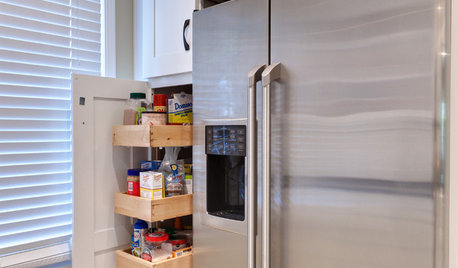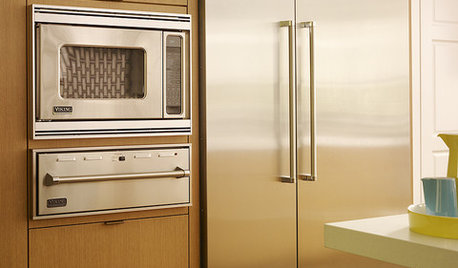Fisher-Paykel fridge trips GFCI outlets
Wayne
4 years ago
Featured Answer
Sort by:Oldest
Comments (22)
Ron Natalie
4 years agoCabot & Rowe
4 years agoRelated Professionals
Hershey Kitchen & Bathroom Designers · Artondale Kitchen & Bathroom Remodelers · Broadlands Kitchen & Bathroom Remodelers · Green Bay Kitchen & Bathroom Remodelers · Schiller Park Kitchen & Bathroom Remodelers · Clarksville General Contractors · Oxon Hill General Contractors · Sun Prairie Solar Energy Systems · Nutley Solar Energy Systems · Allen Home Automation & Home Media · Chattanooga Home Automation & Home Media · Palmetto Estates Kitchen & Bathroom Designers · Waianae Kitchen & Bathroom Designers · Independence Kitchen & Bathroom Remodelers · Oklahoma City Kitchen & Bathroom Remodelerswdccruise
4 years agomtvhike
4 years agolast modified: 4 years agowdccruise
4 years agomike_kaiser_gw
4 years agokaseki
4 years agoWayne
4 years agomtvhike
4 years agoDavidR
4 years agoRon Natalie
4 years agolast modified: 4 years agoRon Natalie
4 years agorwiegand
4 years agojupidupi
4 years agoRon Natalie
4 years agomtvhike
4 years agowdccruise
4 years agoOliviag
4 years agotraci_from_seattle
4 years agoDavidR
4 years agoRon Natalie
4 years ago
Related Stories

KITCHEN DESIGNHere's Help for Your Next Appliance Shopping Trip
It may be time to think about your appliances in a new way. These guides can help you set up your kitchen for how you like to cook
Full Story
GREAT HOME PROJECTSPower to the People: Outlets Right Where You Want Them
No more crawling and craning. With outlets in furniture, drawers and cabinets, access to power has never been easier
Full Story
KITCHEN STORAGEPantry Placement: How to Find the Sweet Spot for Food Storage
Maybe it's a walk-in. Maybe it's cabinets flanking the fridge. We help you figure out the best kitchen pantry type and location for you
Full Story
KITCHEN DESIGNNot a Big Cook? These Fun Kitchen Ideas Are for You
Would you rather sip wine and read than cook every night? Consider these kitchen amenities
Full Story
KITCHEN DESIGNHouzzers Say: Top Dream Kitchen Must-Haves
Tricked-out cabinets, clean countertops and convenience top the list
Full Story
KITCHEN DESIGN20 Kitchen Must-Haves From Houzz Readers
We asked you to tell us your top kitchen amenities. See what popular kitchen features made the list
Full Story
KITCHEN DESIGN11 Must-Haves in a Designer’s Dream Kitchen
Custom cabinets, a slab backsplash, drawer dishwashers — what’s on your wish list?
Full Story
KITCHEN DESIGNA Cook’s 6 Tips for Buying Kitchen Appliances
An avid home chef answers tricky questions about choosing the right oven, stovetop, vent hood and more
Full Story
DECORATING GUIDES12 Deadly Decorating Sins
Are your room designs suffering from a few old habits? It may be time to change your ways
Full Story
KITCHEN DESIGNShow Us Your Fabulous DIY Kitchen
Did you do a great job when you did it yourself? We want to see and hear about it
Full Story






Jeffrey R. Grenz, General Contractor